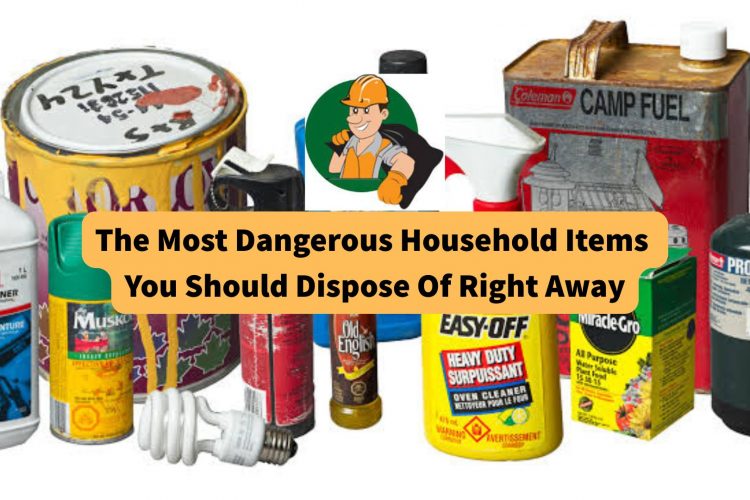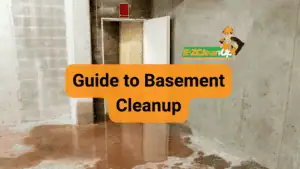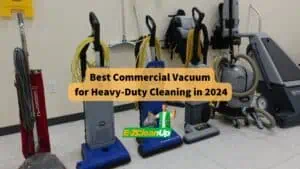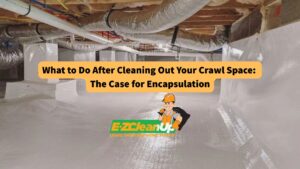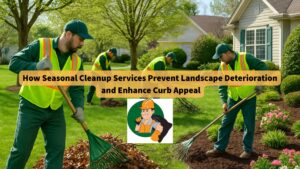Some household items can be dangerous if kept too long. Like old batteries, expired medications, and broken electronics–as they can cause harm or leaks. Moreover, chemicals like paint, pesticides, and cleaners may be toxic to people and pets. Damaged appliances, like pressure cookers, can also pose risks, so it’s best to dispose of these safely and quickly.
Do you need more information about the most dangerous household items that you should dispose of right away for a safer living space? This guide will surely help you.
#1 Why Some Household Items Are More Dangerous Than You Think
Many household items are more dangerous than people realize due to several factors:
- Harmful chemicals – Non-stick cookware, air fresheners, and cleaners can release toxic gases or build up in the body over time.
- Fire and poisoning risks – Misusing extension cords or gas heaters can cause fires or carbon monoxide poisoning.
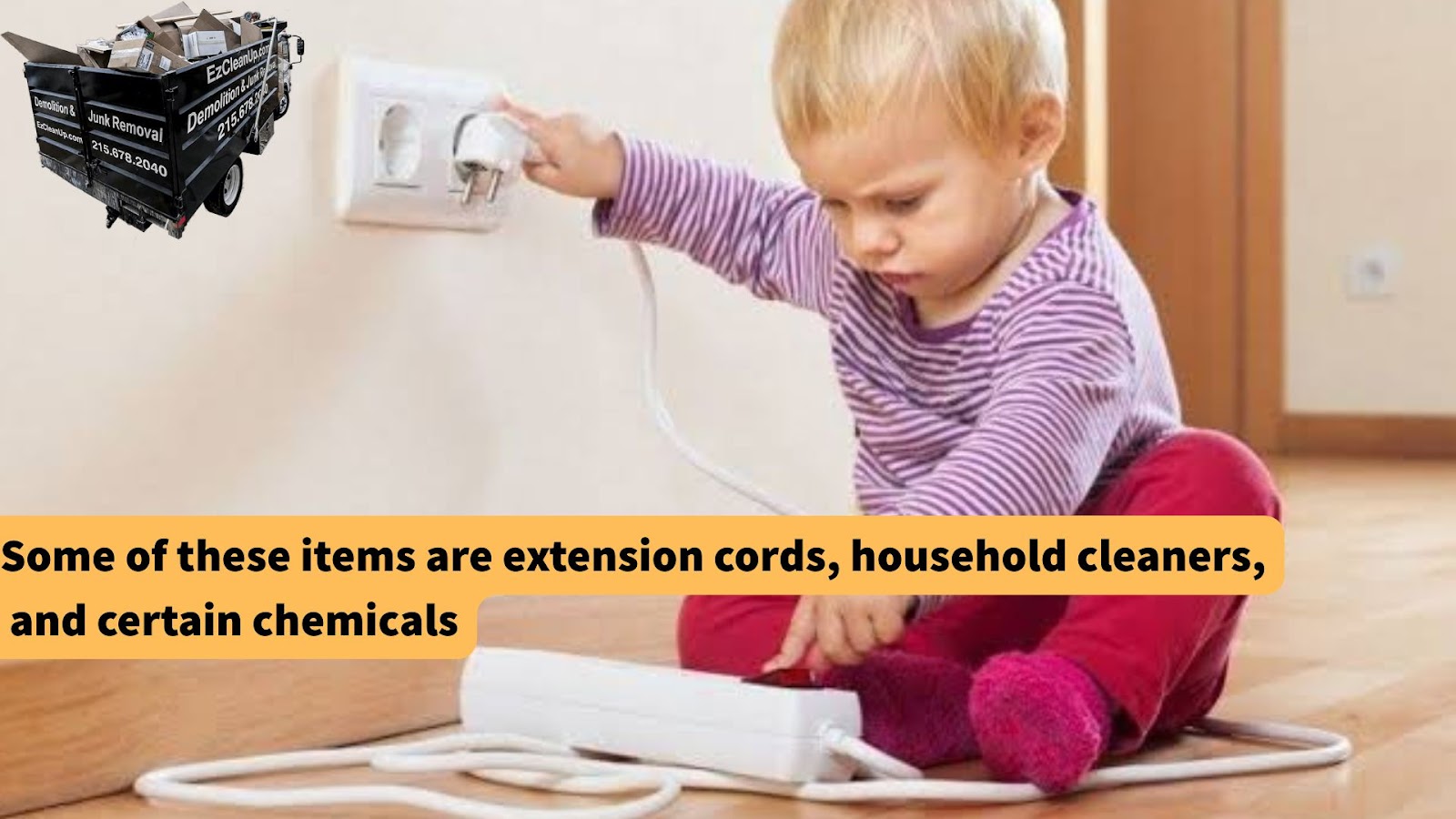
- Hidden dangers – Mothballs and flame retardants may have long-term health risks like cancer.
- Lack of awareness – Many products may contain harmful ingredients that are not always listed on its labels.
- Swallowing hazards – Button batteries and hand sanitizers can be dangerous if ingested, especially for kids.
- Long-term effects – Some household items can cause chronic health issues after years of exposure.
#2 Common Household Items That Pose Hidden Threats
Here are 10 household items you should dispose of right away for safety reasons:
Old Pressure Cookers
Pressure cookers, a staple in many kitchens because they can cook food quickly and efficiently. However, they can also pose significant risks if not used or maintained properly.
Pressure cookers operate by trapping steam to create high pressure and temperature, which accelerates cooking. While modern models include safety features like pressure release valves and locking lids, defects or misuse still can lead to accidents.
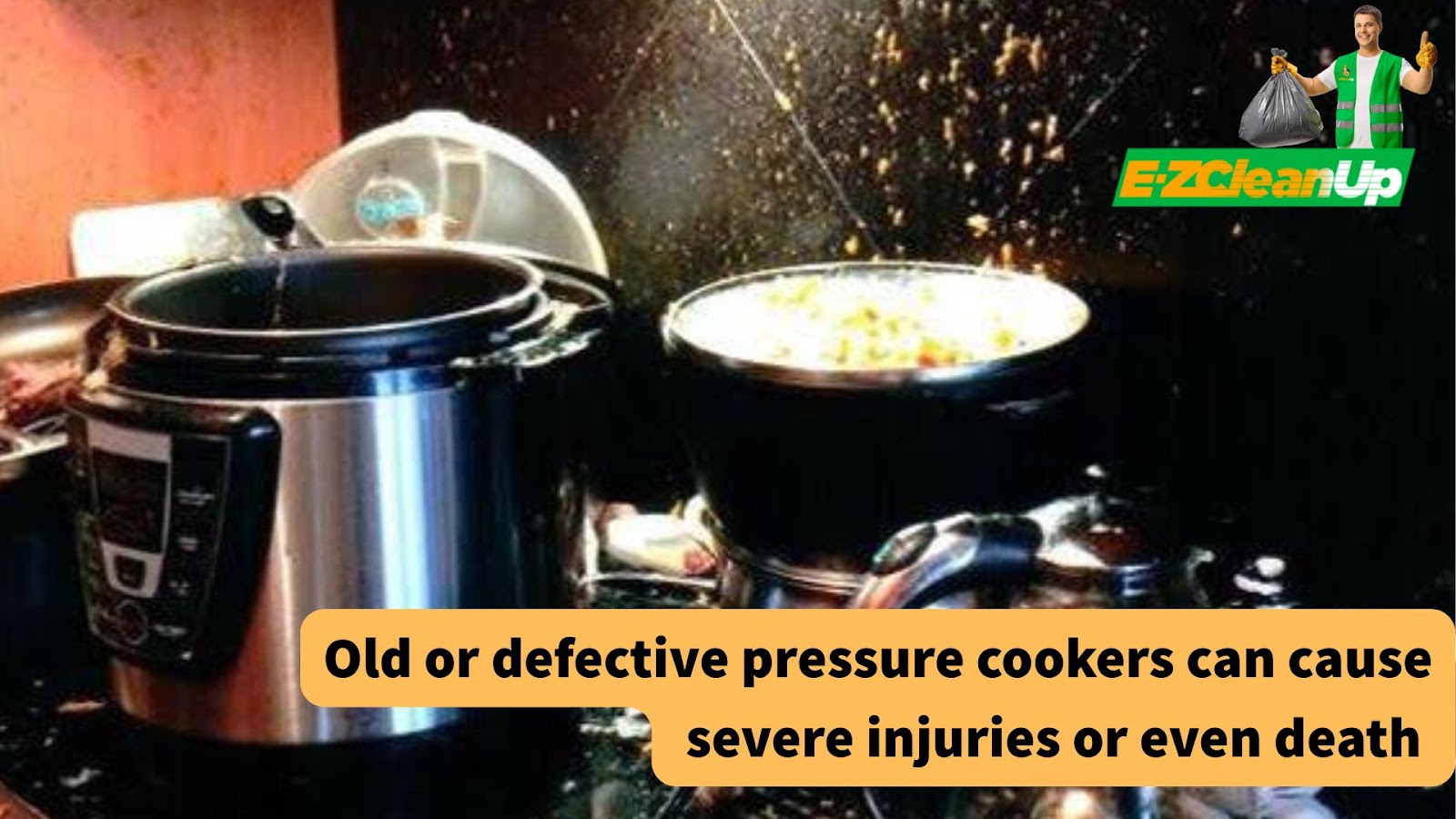
Furthermore, explosions caused by excessive pressure buildup can eject scalding liquids and food at high speeds–resulting in severe burns, property damage, and even fatalities.
For more information on legal cases related to these accidents, see pressure cooker explode.
Expired Medications
Expired medications can be risky. They may lose effectiveness and make treatments fail. Some break down into harmful chemicals, like certain antibiotics that can become toxic, while liquid medicines may grow bacteria, causing infections.
Unmarked pills may also pose a danger, especially to kids who might take them by mistake.
Worn-out Fire Extinguishers
Worn-out fire extinguishers can be unreliable in emergencies. Over time, pressure weakens and makes them ineffective. Dents, rust, or leaks can also cause malfunctions.
If the gauge shows low or high pressure, the extinguisher may not work properly. Older models may also lack the ability to handle modern fire hazards.
While fire extinguishers are essential safety devices, they can become hazardous if not properly maintained. Over time, extinguishers can lose pressure or become damaged, rendering them ineffective during emergencies. It’s crucial to regularly inspect your fire extinguisher to ensure it’s in working condition.
One key aspect of this maintenance is understanding how to read fire extinguisher tags. These tags provide information about the last inspection date, the type of fire the extinguisher is rated for, and when the next service is due.
By familiarizing yourself with these tags, you can ensure your extinguisher is ready to use when needed. If your extinguisher is expired or damaged, it’s important to dispose of it properly, following local regulations, and replace it with a new one to maintain household safety.
Nonstick Cookware with Damaged Coatings
Damaged nonstick cookware can also pose health risks. Scratched or overheated coatings can release toxic fumes, which are linked to liver damage and cancer.
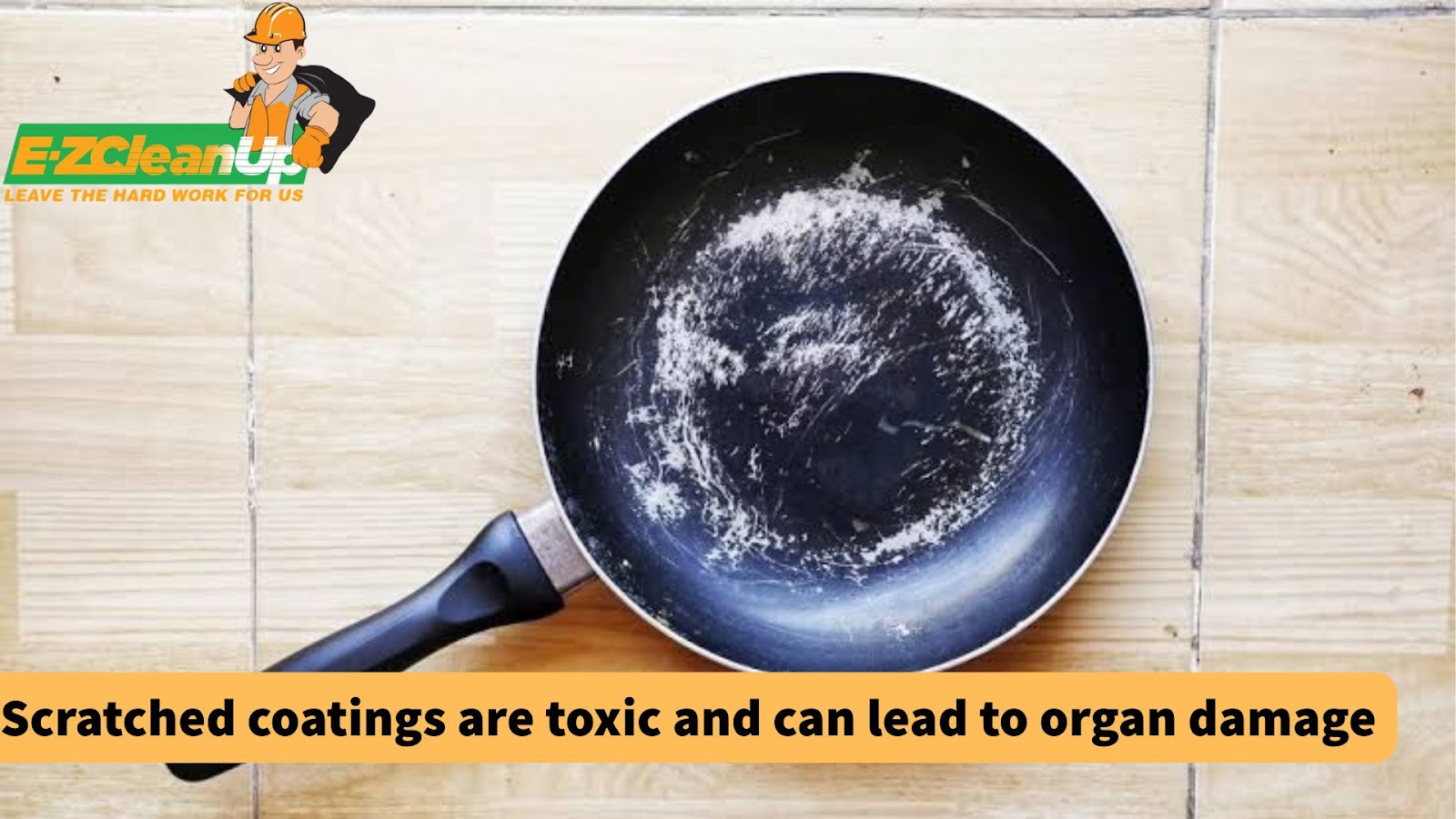
The worn surfaces may also shed microplastics into food that may affect hormones and immunity, older pans may contain harmful PFAS chemicals. In addition, the newer ones can also leach toxins if scratched.
Electrical Appliances with Frayed or Damaged Wires
Damaged electrical appliances can be a fire hazard. Frayed wires and worn insulation can overheat and ignite nearby materials, especially the light ones.
Exposed wires may spark, which can lead to fires. Short circuits may also increase the risk of shocks and fire outbreaks. Loose or broken parts in appliances like toasters or heaters can likewise overheat and fail, so they can be dangerous once overlooked.
Old or Damaged Carbon Monoxide Detectors
Old or damaged CO detectors can fail when you need them most. Their sensors weaken over time–usually within 5 to 10 years–which makes them less effective.
A faulty detector may not alert you to a CO leak, so it creates a false sense of security. Humidity, temperature changes, and chemicals can speed up sensor damage that decreases their reliability.
Outdated or Broken Smoke Detectors
Outdated or broken smoke detectors can put lives at risk, and dead batteries make them useless in detecting fire. Sensors degrade after 8–10 years, so their effectiveness becomes reduced.
Faulty units may also fail to sound an alarm or trigger false alerts, which can lead to complacency. Dust, humidity, and insects can also block sensors, so outdated or broken smoke detectors can become more and more unreliable with time.
Expired or Damaged Canned Goods
Expired or damaged canned goods can be hazardous, since botulism bacteria thrive in compromised cans. There is also a possibility that they will produce toxins that can cause a person’s paralysis or even death.
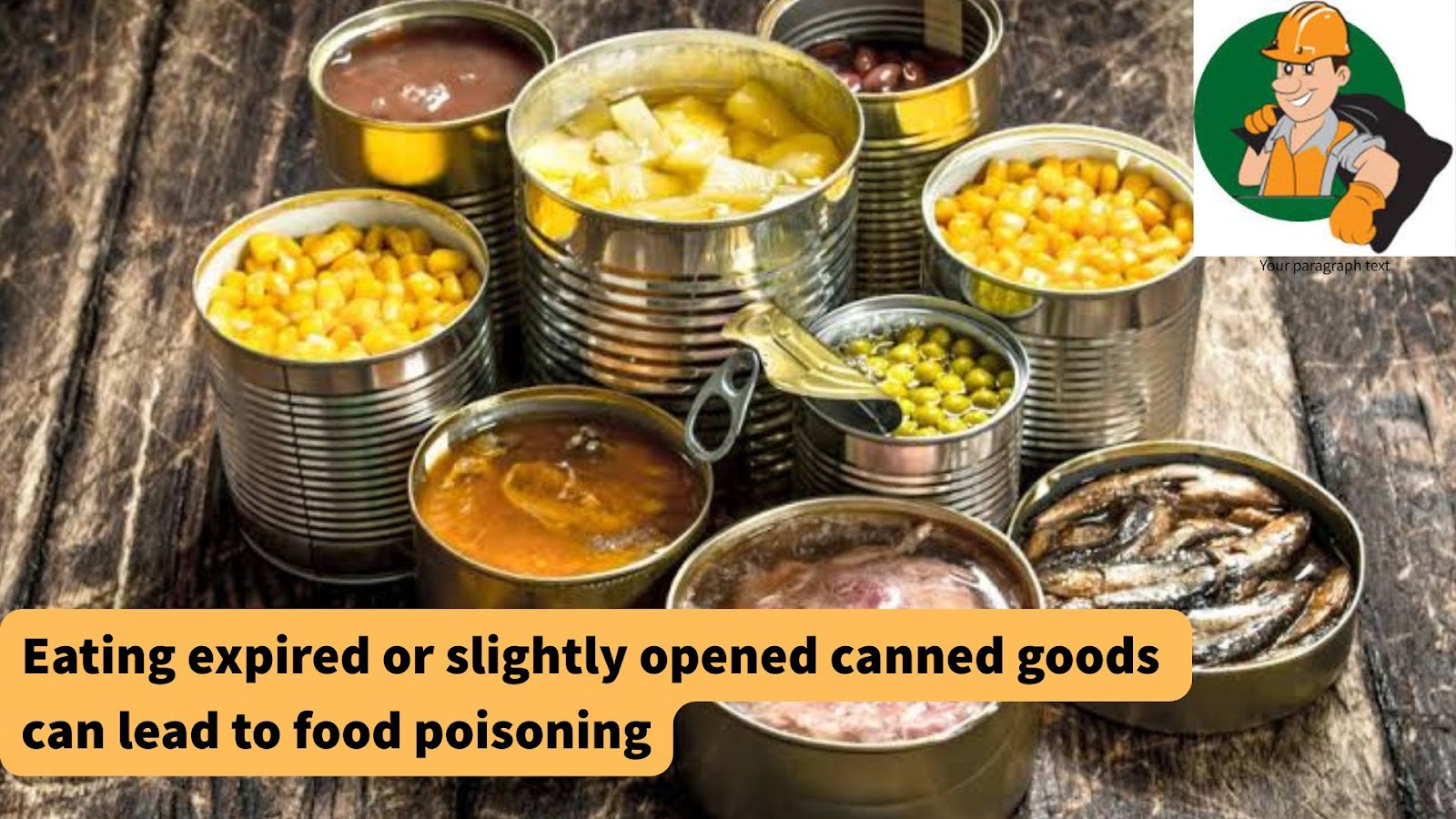
Dented or bulging cans may have broken seals that can let the bacteria in. Rust can also create tiny holes as a possible entry for contamination.
While some canned foods last past expiration, its poor storage can increase spoilage risks.
Old, Defective Space Heaters
Old space heaters can be dangerous. In fact, they have caused around 55,000 fires yearly, especially if they have frayed wires or faulty parts.
Its worn cords can also lead to short circuits or electric shocks, while fuel-powered models may leak carbon monoxide, if not ventilated properly.
Unstable heaters can also tip over, which can increase fire risks, especially if they are around kids and pets.
Toxic Cleaning Products
Toxic cleaning products can likewise pose serious risks. Chemicals like chlorine and ammonia can cause burns, breathing issues, or long-term health problems, while expired products may become harmful or ineffective.
Their toxins can also pollute the water and air, which eventually harm our ecosystems. Furthermore, mixing certain cleaners–like bleach and ammonia–can create deadly fumes.
#3 FAQs
What should I do with expired medications?
Take them to a pharmacy or a drug take-back program. Do not flush them down the toilet, as they can contaminate water.
What’s the safest way to get rid of expired cleaning products?
Check the label for disposal instructions. Many products should not be poured down the drain. Take them to a hazardous waste disposal site if needed.
How should I store my space heater safely?
Keep it on a flat, non-flammable surface and away from curtains, furniture, or anything that can catch fire. Never leave it unattended while in use.
What happens if I breathe in toxic cleaning fumes?
Symptoms can range from mild irritation to serious breathing issues. Move away from the source and seek some fresh air immediately. Ask for medical help if your symptoms persist.
#4 The Bottom Line – What You Need to Know About the Hidden Dangers in Your Home
Many household items become dangerous once they get old, damaged, or expired. These can include fire extinguishers, smoke detectors, space heaters, and electrical appliances–as all of these can increase the risks for household fires.
Expired medications and canned foods may cause serious health problems, while damaged nonstick cookware and toxic cleaning products can expose you to harmful chemicals.
You can regularly check and replace these items to keep your home safe. If something is deemed unsafe, these items should be disposed of properly. Always remember, a little caution can help guarantee to prevent a big danger from occurring.

